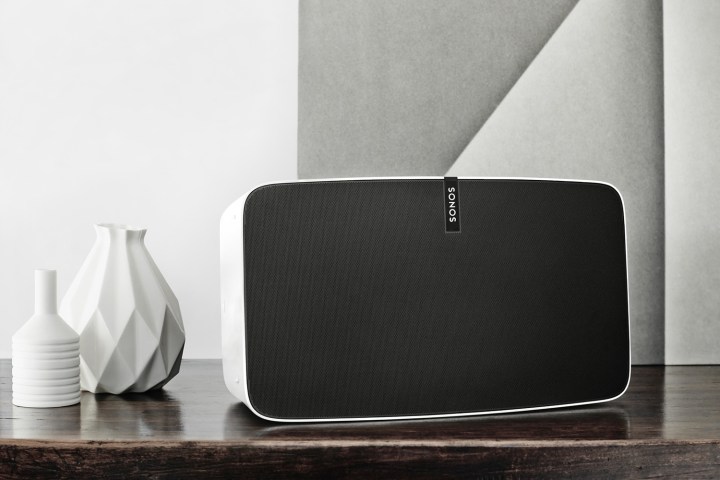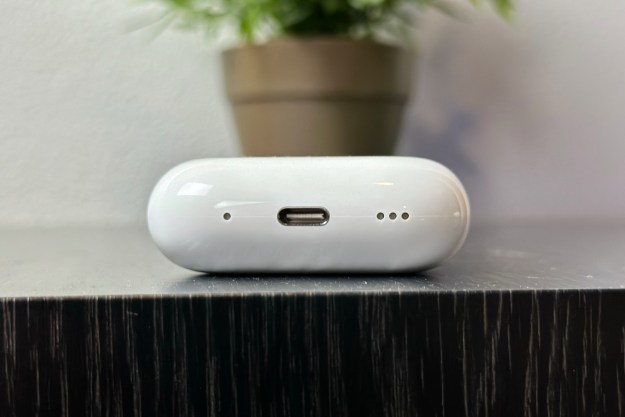
It turns out that the statement was correct, but only barely. Last month the company announced that Apple Music would arrive for Sonos owners on December 15, but there was a catch: This wouldn’t be the official launch of the service on the system, but a public beta.
As promised, the beta is now live for anyone interested in participating. The instructions from the beta sign up page on how to enter the beta are as follows:
- Open the Sonos app
- Tap “Settings” then “Advanced Settings”
- Tap “Beta Program”
- Tap “Join the Beta Program”
- Update your Sonos system
- Add Apple Music from the “Add Music Services” menu
“Just know one thing — the beta isn’t the final product,” the signup page reads. “But it’s a really good preview, with most of the features already in place. We’ll be making some small adjustments throughout the beta period, so be prepared for slight changes and improvements.”
If you aren’t comfortable with beta software or simply don’t mind waiting, the company says that the final version of the software will be ready in early 2016. No specific launch date has been given, but if the beta’s launch is any indication, Sonos will likely stick to its word.
While plenty of people have gone back to Spotify or another service after trying the free trial of Apple Music, there is a lot to like about the service, especially if you’re a Taylor Swift fan. If the Sonos beta has you wanting to hop back on board the Apple Music train, we’ve gathered a few tips and tricks to help you make the most of the service.
Editors' Recommendations
- Sonos app gets a major overhaul as the company prepares for next-gen products
- Apple finally has a way to defeat ChatGPT
- Apple Music just got a cool feature you won’t find on Spotify
- What is Amazon Music: everything you need to know
- How much is Apple Music, and how can you get it for free?


